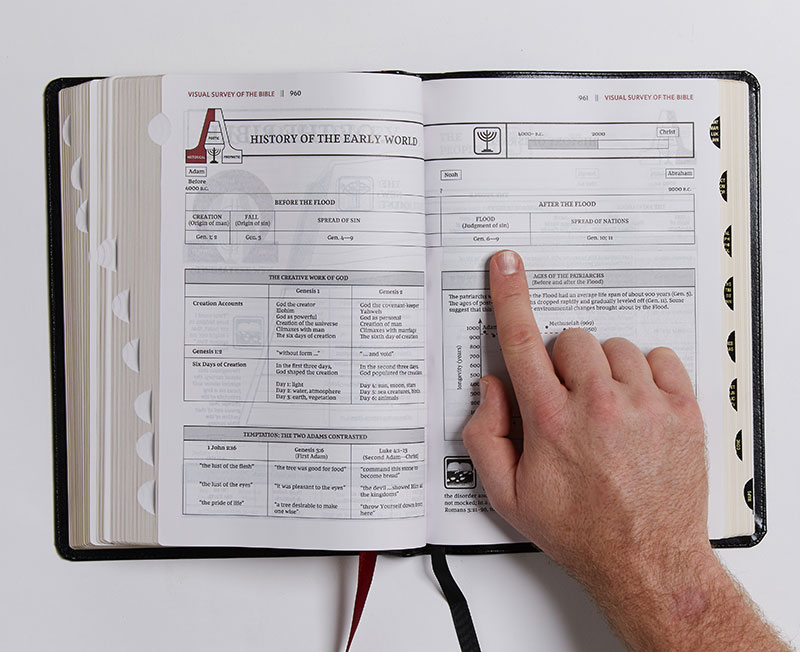The book of 1 Samuel describes the transition of leadership in Israel from judges to kings. Three characters are prominent in the book: Samuel, the last judge and first prophet; Saul, the first king of Israel; and David, the king-elect, anointed but not yet recognized as Saul’s successor.
Who Wrote 1 Samuel?
The author of 1 and 2 Samuel is anonymous, but Jewish Talmudic tradition says that it was written by Samuel. Samuel may have written the first portion of the book, but his death recorded in 1 Samuel 25:1 makes it clear that he did not write all of 1 and 2 Samuel. Samuel did write a book (10:25), and written records were available. As the head of a company of prophets (10:5; 19:20), Samuel would be a logical candidate for Biblical authorship.
First Chronicles 29:29 refers to “the book of Samuel the Seer,” “the book of Nathan the Prophet,” and “The book of Gad the Seer.” All three men evidently contributed to these two books, and it is very possible that a single compiler, perhaps a member of the prophetic school, used these chronicles to put together the Book of Samuel. This is also suggested by the unity of plan and purpose and by the smooth transitions between sections.
The Keys to 1 Samuel
Key Word: Transition
First Samuel records the critical transition in Israel from the rule of God through the judges to His rule through the kings. This transition goes through three stages: Eli to Samuel, Samuel to Saul, and Saul to David.
Key Verse: 1 Samuel 13:14, 15:22
“But now your kingdom shall not continue. The Lord has sought for Himself a man after His own heart, and the Lord has commanded him to be commander over His people, because you have not kept what the Lord commanded you.”
Key Chapter: 1 Samuel 15
1 Samuel 15 records the tragic transition of kingship from Saul to David. As in all three changes recorded in 1 Samuel, God removes His blessing from one and gives it to another because of sin. “because you have rejected the word of the Lord, He also has rejected you from being king” (15:23).
Finding Christ in 1 Samuel
Samuel is a type of Christ in that he is a prophet, priest, and judge. Highly revered by the people, he brings in a new age.
David is one of the primary Old Testament portrayals of the Person of Christ. He is born in Bethlehem, works as a shepherd, and rules as King of Israel. He is the anointed king who becomes the forerunner of the messianic King. His typical messianic psalms are born of his years of rejection and danger (Psalm 22). God enables David, a man “after His own heart” (1 Samuel 13:14), to become Israel’s greatest king. The New Testament specifically calls Christ the “seed of David according to the flesh” (Romans 1:3) and “the Root and the Offspring of David” (Revelation 22:16).







1 reply on “Who Wrote the Book of Samuel?”
Thanks just forget sometimes the subjects I used to remember. I was confused for a minute when Chapter 25 said Samuel died, so I was like huh what about Sam II lol I’m guessing He must have documented different things in each book & someone else finished it or as I remember in Daniel’s time I believe there was a group of people responsible for the caretaking & recording of events. Thus it may have been more of a shared, organized job formed by their culture & idea of civilization.